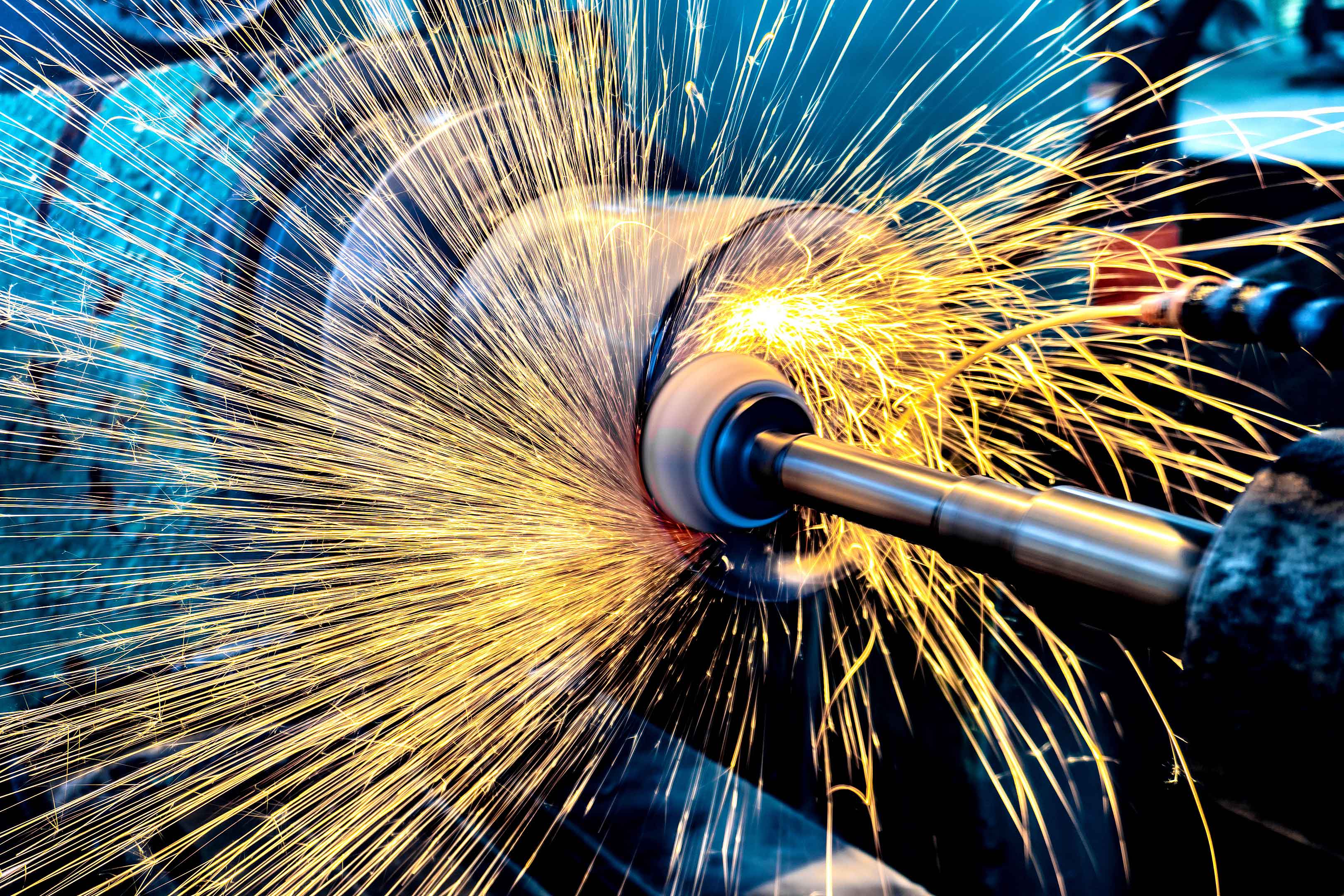Precision grinding is a machining process that utilizes abrasive cutting to remove material from a workpiece, achieving high levels of accuracy and surface finish. This process offers numerous benefits, making it a critical operation in various industries. Here are the primary benefits of precision grinding:
1. High Precision and Accuracy
- Tight Tolerances: Precision grinding allows for extremely tight tolerances, often within a few microns, ensuring components meet exact specifications.
- Dimensional Accuracy: The process produces highly accurate dimensions, essential for components in aerospace, medical, and automotive industries.
2. Superior Surface Finish
- Smooth Surfaces: Precision grinding achieves exceptionally smooth and fine surface finishes, reducing the need for additional finishing processes.
- Enhanced Appearance: The high-quality finish enhances the aesthetic appeal and functionality of components, particularly in consumer electronics and medical devices.
3. Improved Material Properties
- Stress Relief: Precision grinding can help relieve internal stresses in materials, improving their overall performance and durability.
- Microstructural Integrity: The process preserves the microstructural integrity of materials, which is crucial for maintaining their mechanical properties.
4. Versatility
- Wide Range of Materials: Precision grinding is suitable for a wide range of materials, including metals, ceramics, composites, and plastics.
- Complex Geometries: The process can handle complex shapes and geometries, making it ideal for manufacturing intricate components.
5. Cost-Effective
- Reduced Waste: Precision grinding minimizes material waste by removing only the necessary amount of material, leading to cost savings.
- Efficiency: The high efficiency of the grinding process reduces production time and costs, enhancing overall manufacturing productivity.



